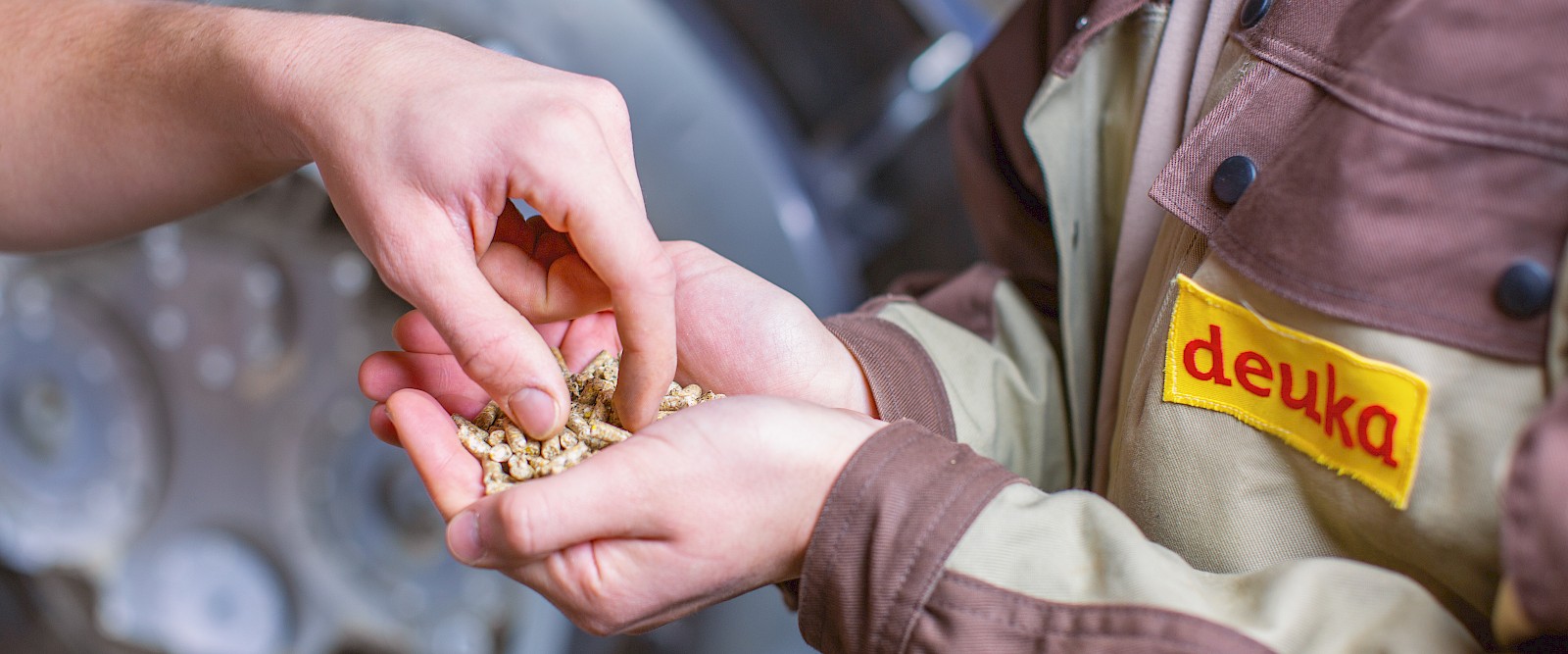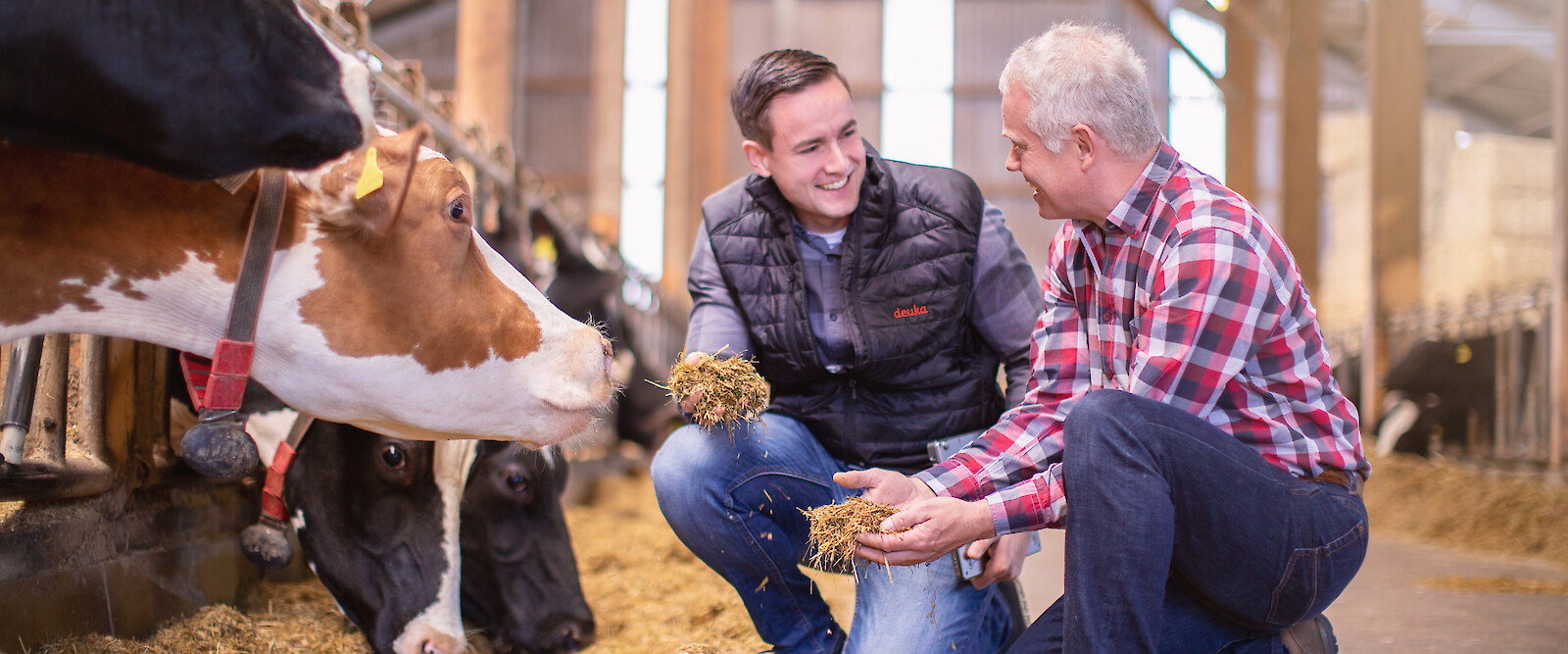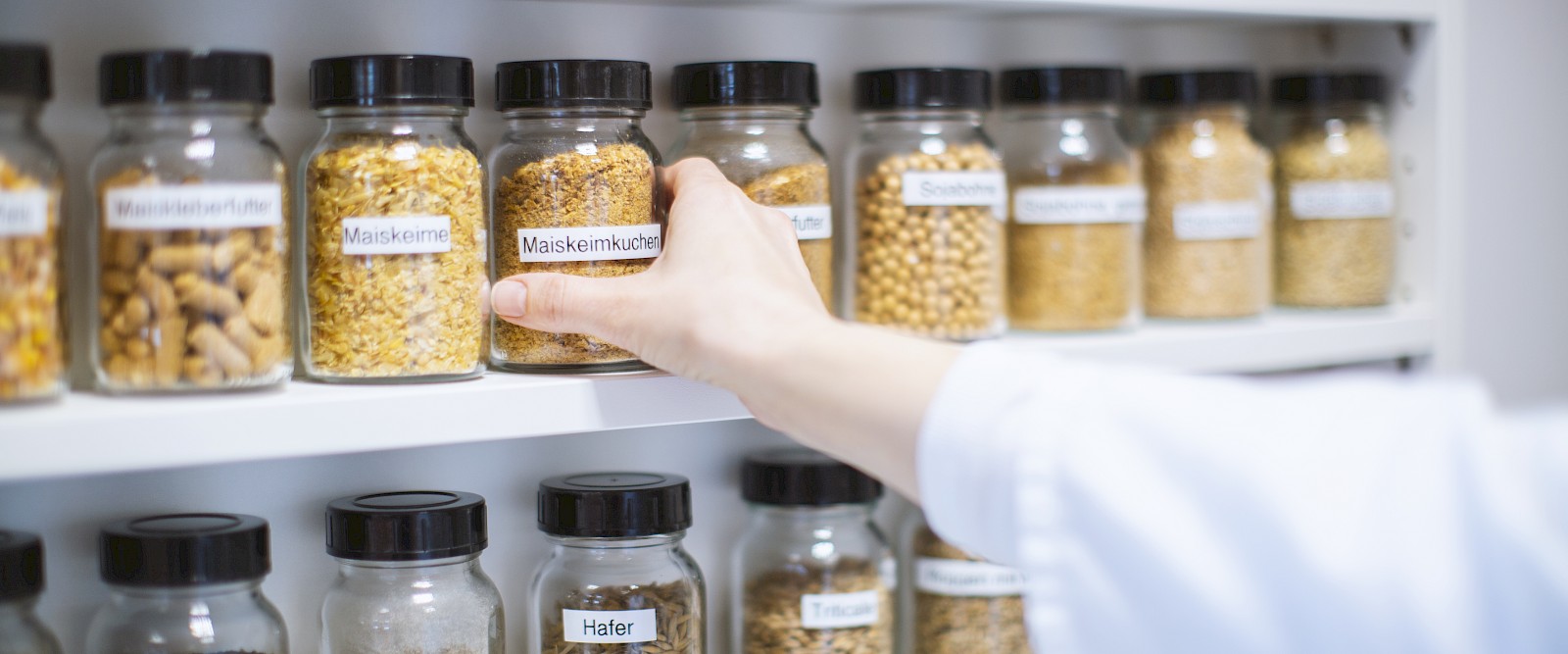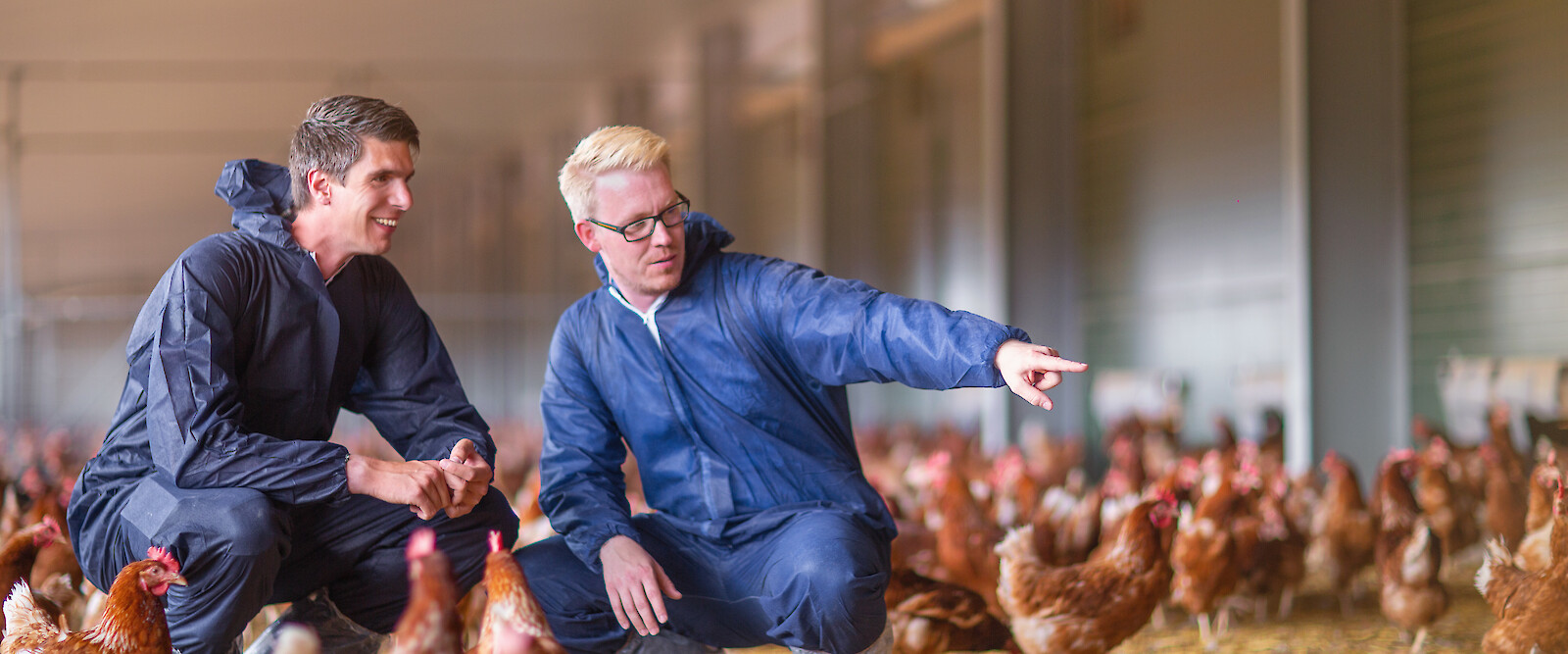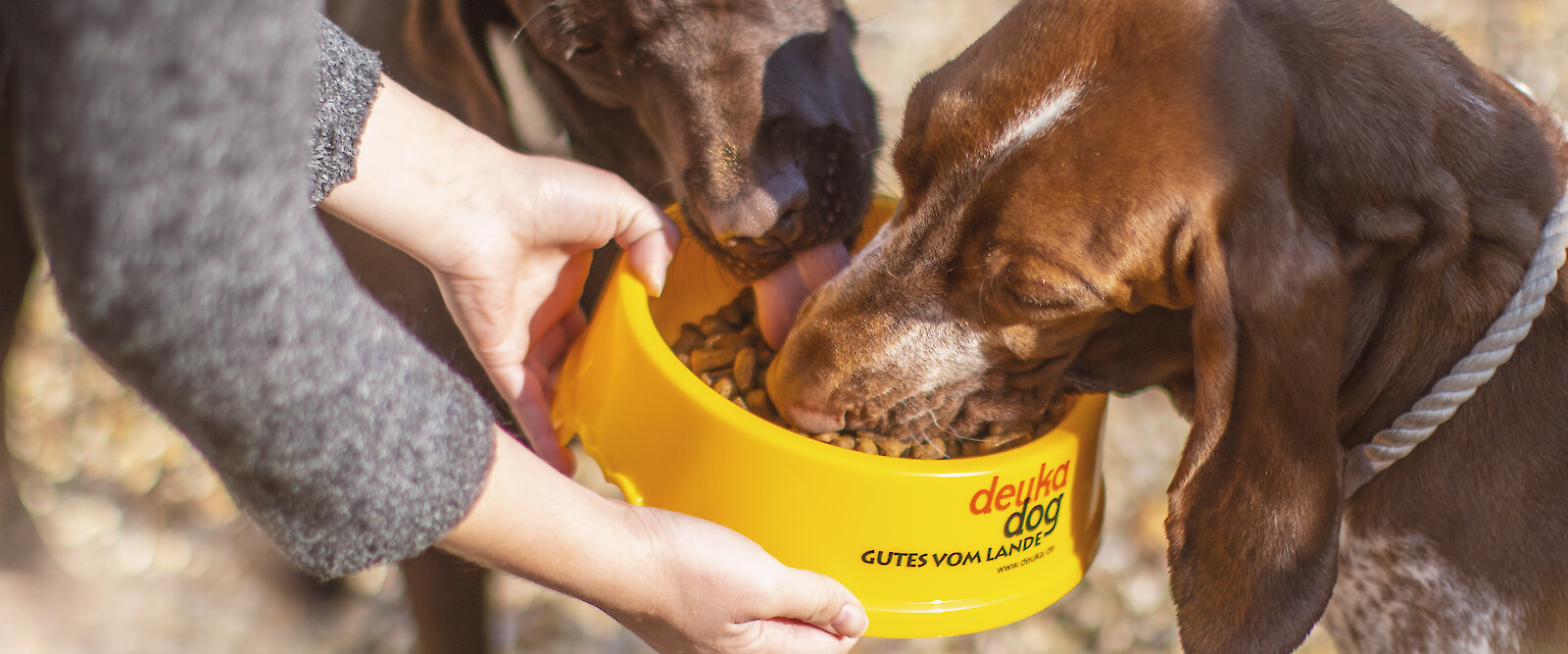Raw material and nutrient lexicon
Weitere Einträge
- Calcium carbonate
- Calcium formate
- Carnitine
- Choline
- Citrus pulp
- Cobalt
- Mussel shells
- Copper
- Corn flakes
- Maize germ
- Corn gluten
- Corn gluten feed
- Maize pregelatinised starch
- Maize starch
Carnitine
L-carnitine does not belong to the vitamins and is therefore often referred to as a "vitamin-like nutrient". L-carnitine is found primarily in muscle tissue in animals. About 85% of the L-carnitine in the body is found in the muscles; less than 1% is found in the blood plasma. The main site of synthesis for L-carnitine is the liver. In animal feed, L-carnitine is found in milk, yeast and wheat germ. L-carnitine is essential for fat metabolism in the body. Thus, this nutrient takes over tasks in the transport of activated fatty acids into the mitochondria for energy production and as a storage for activated acetyl residues in the metabolism, which are then again available in performance phases. Because of these functions, L-carnitine is sometimes also called the "energy vitamin". L-carnitine is also involved in the protection of cell membranes. Studies have shown a positive influence on the heart and immune system. In the field of animal nutrition, L-carnitine has gained in importance in recent years. A positive effect of an additional L-carnitine supply on various fertility parameters such as litter rate and number of offspring born has been observed for both sows and rabbits. The promotion of the immune response and the stabilisation of the circulatory system should also be emphasised. For this reason, L-carnitine is used today in special vitamin products for animals that are used during periods of stress. For example, the special product deuka booster contains a high concentration of L-carnitine.
